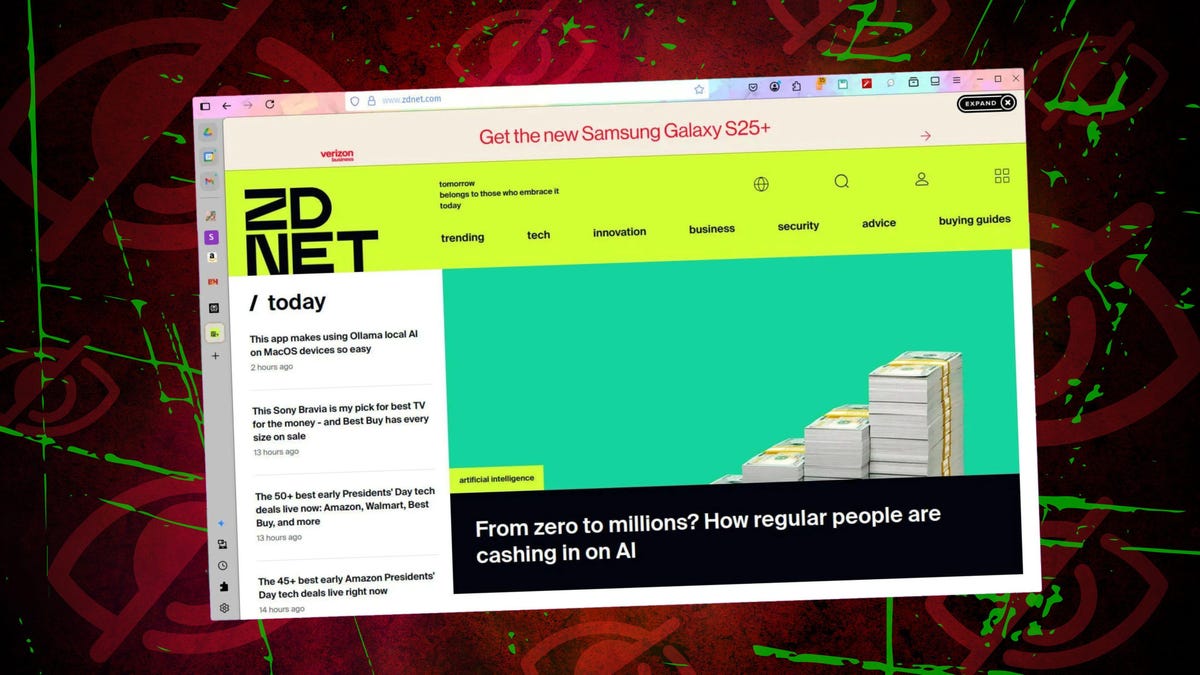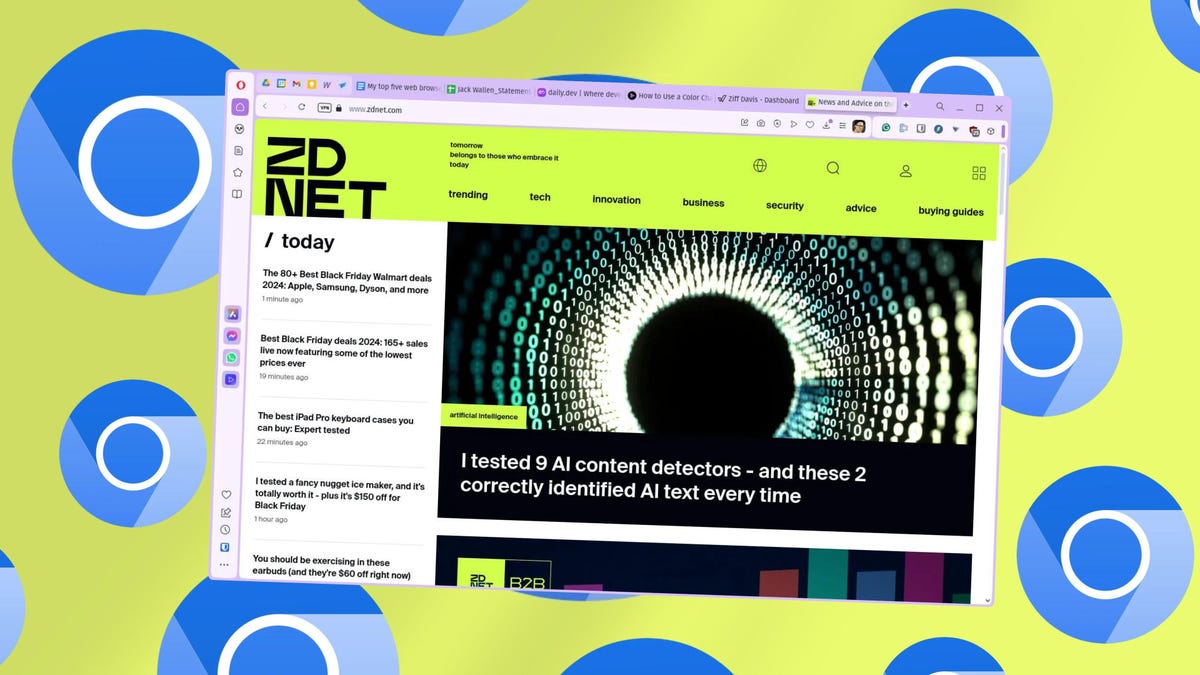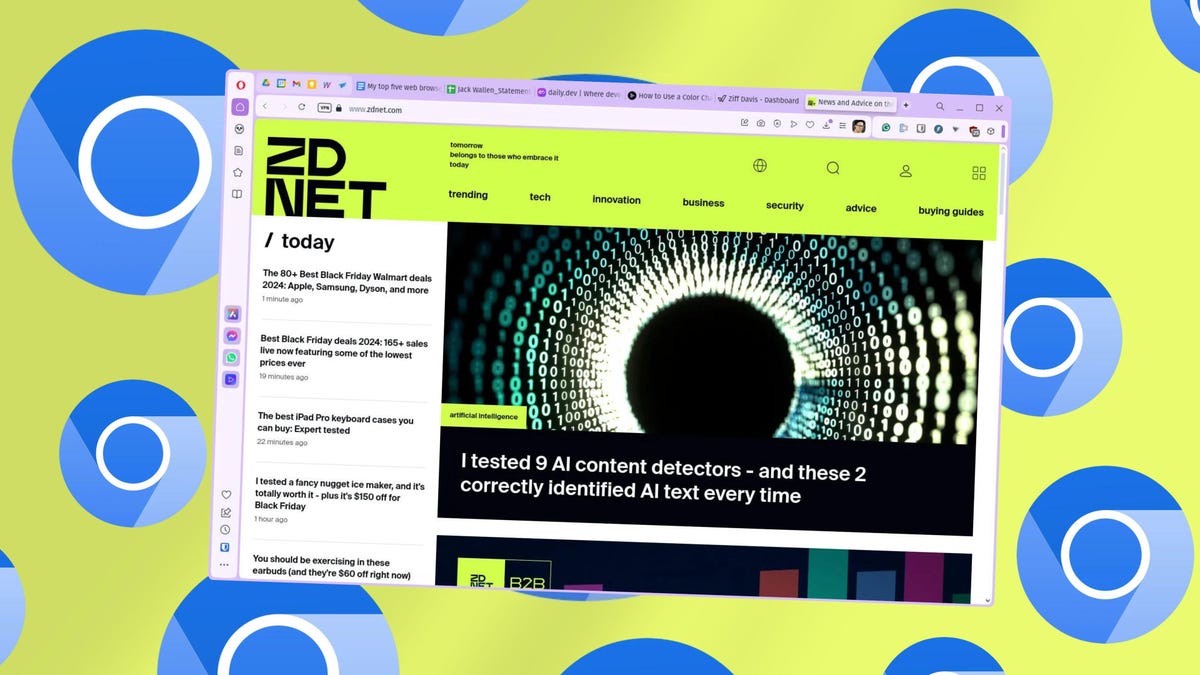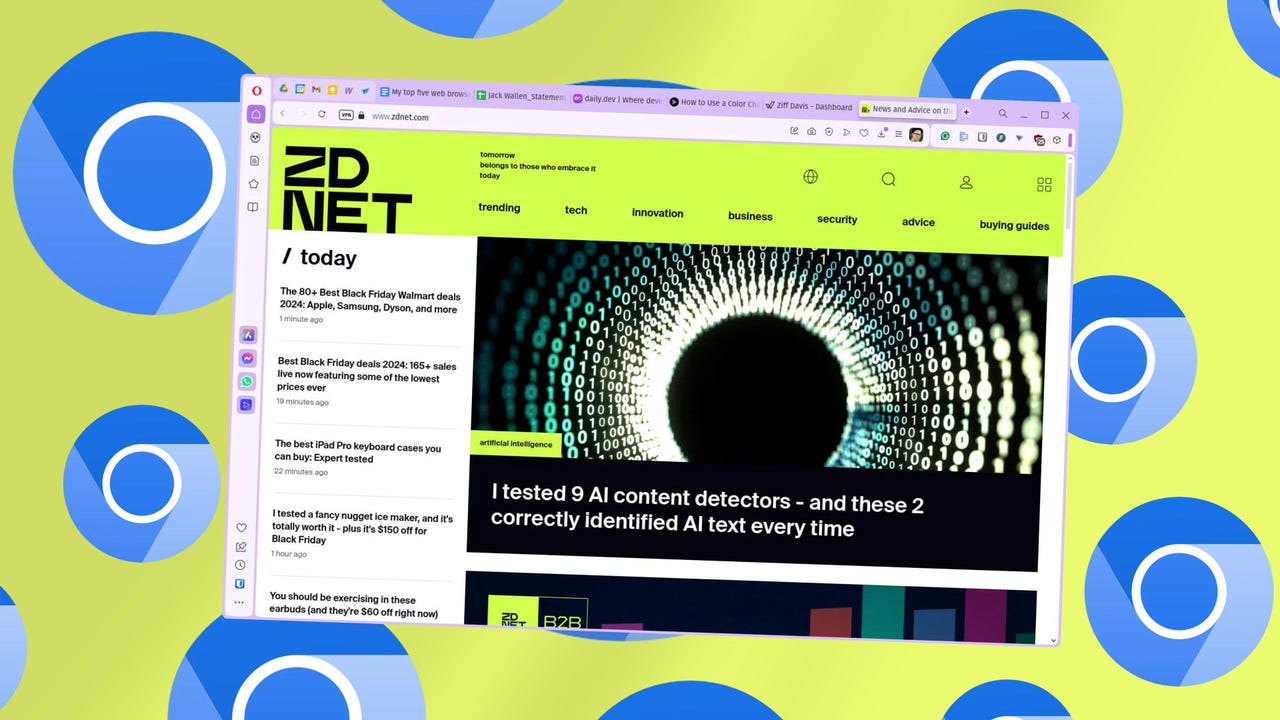“Your Business, Your Data: Why Privacy Must Take Center Stage Before Deploying AI”
In the rapidly evolving world of Artificial Intelligence, one key piece of the puzzle often gets overlooked: user data. While Artificial Intelligence (AI) has the potential to revolutionize industries and transform business operations, the very foundation upon which these innovations are built – user data – remains a sensitive and often neglected concern.

As companies continue to integrate AI-powered solutions into their workflows, the stakes have never been higher. From personalization to predictive analytics, AI is designed to deliver personalized experiences that can lead to increased customer loyalty and revenue growth. However, with this power comes a significant responsibility – and that responsibility begins with user data.

Real-World Examples and Practical Applications

As the world becomes increasingly dependent on artificial intelligence (AI) to drive business decisions, it’s essential to prioritize user privacy in AI development. In this section, we’ll explore real-world examples and practical applications of AI-powered businesses that have successfully prioritized user privacy.

Case Studies of AI-Powered Businesses
One notable example is Mozilla’s Firefox browser, which has been a leader in prioritizing user privacy. However, recent changes to their data practices and privacy policies have raised concerns among users. Mozilla’s new language, which grants the company a non-exclusive, royalty-free, worldwide license to use user data, has been met with skepticism.
According to an update by Ajit Varma, Firefox’s VP of Product Management, “Mozilla doesn’t sell data about you (in the way that most people think about ‘selling data’), and we don’t buy data about you. We changed our language because some jurisdictions define ‘sell’ more broadly than most people would usually understand that word.” However, this explanation has not alleviated concerns among users.
Another example is Google’s Chrome browser, which has been criticized for its data collection and profiling practices. In response, alternatives like Brave Browser and Ungoogled Chromium Browser have emerged, offering more secure and private browsing experiences.

Lessons Learned from These Case Studies
These case studies highlight the importance of prioritizing user privacy in AI development. Users are increasingly demanding more control over their data, and businesses must adapt to meet these expectations. By prioritizing user privacy, organizations can build trust with their customers and remain competitive in the market.
One key takeaway is the need for transparency and clear communication about data practices and policies. Mozilla’s recent changes to their language have been met with skepticism, while Google’s data collection practices have been criticized for lacking transparency.
Another important lesson is the importance of alternative solutions. As users become increasingly aware of data collection and profiling practices, they are turning to alternatives that prioritize user privacy. Brave Browser and Ungoogled Chromium Browser offer more secure and private browsing experiences, challenging the dominance of Chrome and Firefox.

Strategies for Applying These Lessons to Real-World AI Projects
So, how can organizations apply these lessons to real-world AI projects? Here are some strategies for prioritizing user privacy:
- Be transparent about data practices and policies
- Clearly communicate how user data will be used and protected
- Offer users control over their data and preferences
- Use alternative solutions that prioritize user privacy
Tools and Technologies for Prioritizing User Privacy
As AI becomes increasingly integrated into business decision-making, it’s essential to have the right tools and technologies in place to prioritize user privacy. In this section, we’ll explore the tools and technologies designed to support user privacy in AI development.
Overview of Tools and Technologies
Some notable tools and technologies for prioritizing user privacy include:
- Brave Browser: A secure and private browser that blocks ads, trackers, and scripts
- Ungoogled Chromium Browser: A Chrome browser without Google services, offering more secure and private browsing
- Mullvad Browser: A browser that defaults to privacy mode, uses letterboxing to prevent fingerprinting, and disables JavaScript by default
- Use secure and private browsers like Brave and Mullvad
- Remove Google services and dependencies in AI projects
- Use alternative solutions that prioritize user privacy
- Regularly review and update data practices and policies
Best Practices for Integrating These Tools into AI Projects
So, how can organizations integrate these tools and technologies into their AI projects? Here are some best practices:
Future Directions for AI and User Privacy
As AI continues to evolve, it’s essential to consider the future directions for AI and user privacy. In this section, we’ll explore emerging trends and technologies in AI-powered user privacy.
Emerging Trends and Technologies
Some notable emerging trends and technologies in AI-powered user privacy include:
- Decentralized data management: Using blockchain and other decentralized technologies to manage user data
- AI-powered data anonymization: Using AI to anonymize user data and protect sensitive information
- Transparent AI: Using AI to provide transparent and explainable decision-making
- Increased transparency and explainability in AI decision-making
- Improved user control over data and preferences
- Enhanced security and privacy for users
- Stay up-to-date with emerging trends and technologies
- Invest in AI-powered data anonymization and transparent AI
- Implement decentralized data management
- Regularly review and update data practices and policies
Potential Implications of These Trends for AI Development and User Experience
These emerging trends and technologies have significant implications for AI development and user experience. Here are some potential implications:
Strategies for Staying Ahead of the Curve in AI-Powered User Privacy
So, how can organizations stay ahead of the curve in AI-powered user privacy? Here are some strategies:
Alternatives to Traditional Browsers and AI-Driven Solutions
As users become increasingly aware of data collection and profiling practices, they are turning to alternative browsers and AI-driven solutions that prioritize user privacy. In this section, we’ll explore some of these alternatives.
Secure Browsers for Privacy-Conscious Users
Some notable secure browsers for privacy-conscious users include:
- Brave Browser: A secure and private browser that blocks ads, trackers, and scripts
- Ungoogled Chromium Browser: A Chrome browser without Google services, offering more secure and private browsing
- Mullvad Browser: A browser that defaults to privacy mode, uses letterboxing to prevent fingerprinting, and disables JavaScript by default
- Decentralized data management: Using blockchain and other decentralized technologies to manage user data
- AI-powered data anonymization: Using AI to anonymize user data and protect sensitive information
- Transparent AI: Using AI to provide transparent and explainable decision-making
- Use secure and private browsers like Brave and Mullvad
- Remove Google services and dependencies in AI projects
- Use alternative solutions that prioritize user privacy
- Regularly review and update data practices and policies
AI-Driven Solutions for Enhancing User Privacy
Some notable AI-driven solutions for enhancing user privacy include:
Best Practices for Using AI-Driven Solutions
So, how can organizations use AI-driven solutions to enhance user privacy? Here are some best practices:
Conclusion
Conclusion: The Unyielding Imperative of Prioritizing Privacy for AI Adoption
As we continue to navigate the rapidly evolving landscape of Artificial Intelligence (AI), one crucial aspect has emerged as the linchpin of responsible AI development: prioritizing privacy. In our previous article, “Want AI to work for your business? Then privacy needs to come first,” we posed a pressing question: can AI truly be utilized without compromising on sensitive personal data? The answer is resoundingly clear: it’s not only possible but indispensable. By placing prime importance on data security and user protection, businesses can unlock the full potential of AI while safeguarding against potential misuses.
The significance of this topic cannot be overstated. As AI becomes increasingly integral to various industries, the stakes have never been higher. By prioritizing privacy, companies can mitigate concerns around data breaches, reputational damage, and even existential risk. Moreover, this approach enables organizations to harness the transformative power of AI while fostering trust and confidence among their stakeholders. The future of AI, if it’s to have a meaningful impact, will rely on its ability to work in concert with human values, not in opposition to them.
As we look ahead, the importance of prioritizing privacy becomes even more irrefutable. We urge businesses, policymakers, and the broader ecosystem to take a collective stand against the exploitative forces that seek to exploit AI for nefarious purposes. By doing so, we can unlock a future where AI serves humanity, not the other way around. The battle for privacy is far from over, but it’s a crucial one. As we embark on this journey, let us remember that the line between progress and protection is perilously thin. We must choose to prioritize the latter – and together, we can create a brighter, more resilient future for all.
